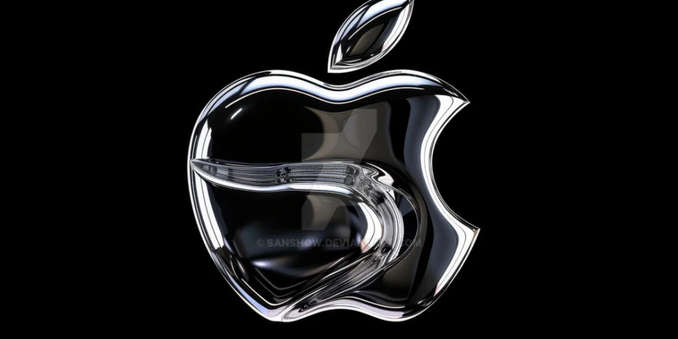### **The Legacy and the Future**
The lineage is clear:
- **1960s:** Artists and engineers **proved unfiltered storytelling was possible**.
- **1990s:** Broadcasters like Euronews **refined it for the masses**.
- **2000s:** The internet and smartphones **put it in everyone’s hands**.
- **2020s:** We’re living in the world they built—one where **the most powerful stories are often the ones we capture ourselves**.
The next chapter? **Virtual reality, AI-generated deepfakes, and the metaverse** will test the limits of this trust. But the foundation remains: **a belief in the power of the unmediated image**, and the audience’s right to **see for themselves**.
So the next time you watch a **No Comment** segment, or scroll through a feed of raw, unedited clips, remember: you’re not just consuming media. You’re part of a **century-long experiment** in what happens when the barriers between creator and audience dissolve. The camera is in your hands now. **What will you do with it?**
---5/6
**Further Reading:**
- *The Cinema of Me* (Alisa Lebow) – On the rise of first-person documentary.
- *The Wired City* (Dan Kennedy) – How the internet transformed local journalism.
- *Slow TV* (Norwegian Broadcasting Corporation) – The philosophy behind the format.
- *The Social Media Upheaval* (Nadim Nsouli) – The impact of citizen journalism.
**Tags:** #MediaHistory #SlowTV #NoComment #CitizenJournalism #FilmTech #SmartphoneRevolution
6/6



